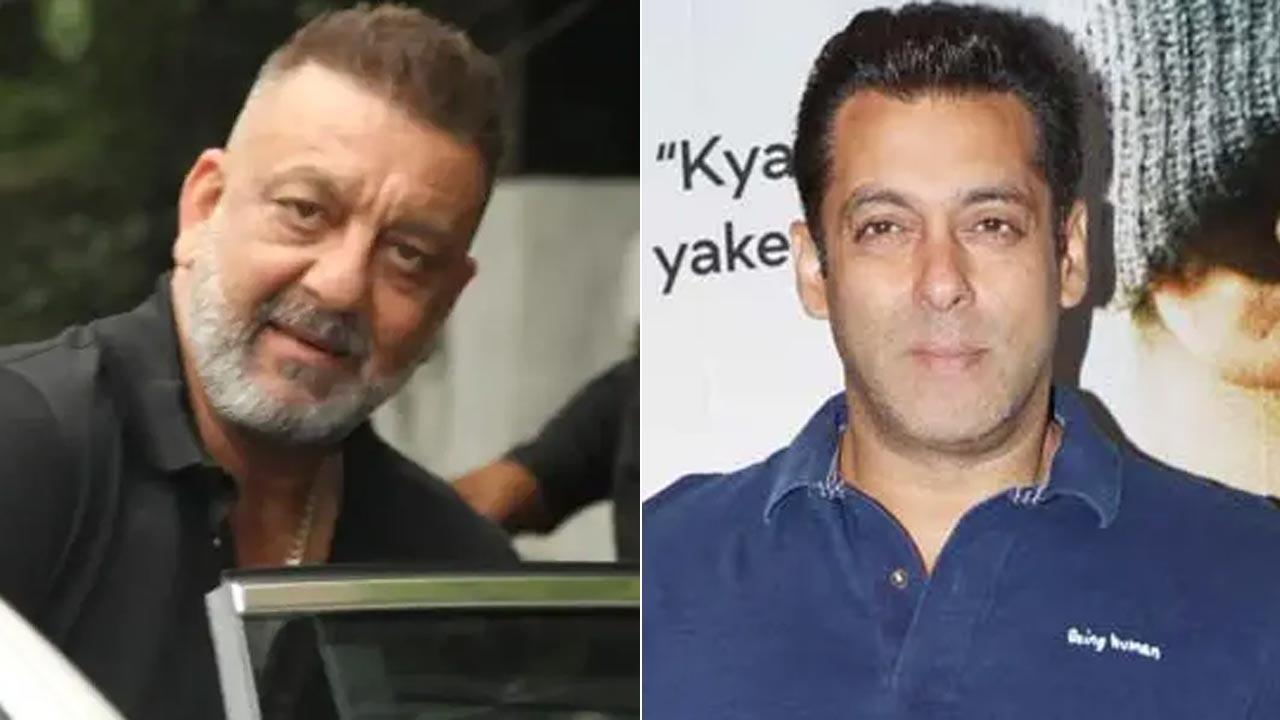
India’s cricket team, touted as firm favorites on their home ground, experienced an unexpected defeat in the opening Test match held in Hyderabad to a resurgent England. The visitors’ stunning comeback was particularly marked by Ollie Pope’s extraordinary innings of 196, which was characterized by a masterful array of sweeps and reverse sweeps. This bold strategy not only undermined India’s chances of victory but also showcased a tactical approach that the home team typically does not employ.
Traditionally, Indian batsmen have relied on adept footwork to confront spin bowling, assessing the line and lengths to navigate through the overs. However, England’s surprise offensive has prompted India to refine their batting arsenal by embracing these same unconventional strokes. KS Bharat, India’s wicket-keeper, openly recognized the team’s newfound appreciation for these strategies, stating that they had been a point of discussion and practice within the squad.
“They really played very well. Credit to them. Ollie Pope really played good shots. In our team meetings, we spoke about the things we could have done better and yes, we certainly have few plans. (We are) definitely looking at the way how they went about the first game, playing some reverse. That’s something we have definitely worked on,” Bharat commented during a pre-match press conference prior to the second Test in Visakhapatnam.
With the specter of a home series defeat looming, it was clear that the Indian team needed to reassess their approach to tackle the English challenge. Bharat’s admission that the team would incorporate reverse sweeps and paddles into their game indicated a willingness to adapt to the evolving demands of international cricket. Moreover, the significance of the occasion was not lost on Bharat, who was set to play his inaugural Test at his own stomping ground in Visakhapatnam. This added a personal dimension to his preparations and commitment to his team’s success.
“Playing in India, we play a lot of cricket on these tracks. It’s not that we don’t know how to sweep, reverse sweep, or paddle, but on that particular day depending on the situation of the team, we as batters take our calls,” he explained, shedding light on the tactical flexibility of the Indian batsmen. Bharat also stressed on the importance of batting with a liberated approach, suggesting that despite practising the reverse sweeps before the first Test, the crux lies in making intelligent choices in the heat of competitive gameplay.
Addressing the mindset within the camp following their disheartening loss, Bharat reassured fans and critics alike that the atmosphere remained positive and panic-free. He emphasized the team’s experience in negotiating longer series and their ability to rebound from initial setbacks. This was broadly indicative of the resilience and maturity within the Indian cricket team, which has seen its fair share of ups and downs in the international cricketing circuit.
Despite Tom Hartley’s impressive seven-wicket haul concluding India’s hope in the first Test, the Indian team’s response is one of strategic recalibration rather than dejection. By gleaning insights from England’s playbook and integrating the sweep shot into their repertoire, India aims to overcome this disruption and reclaim their home dominance. All eyes are now set on the following encounter in Visakhapatnam as the storied rivalry between England and India continues to chart new narratives in cricket’s rich tapestry.










